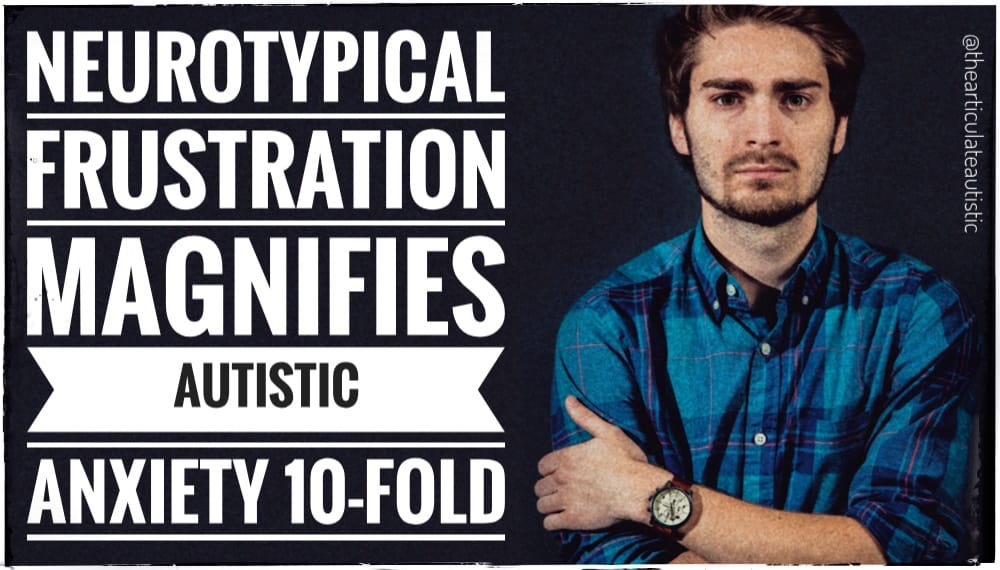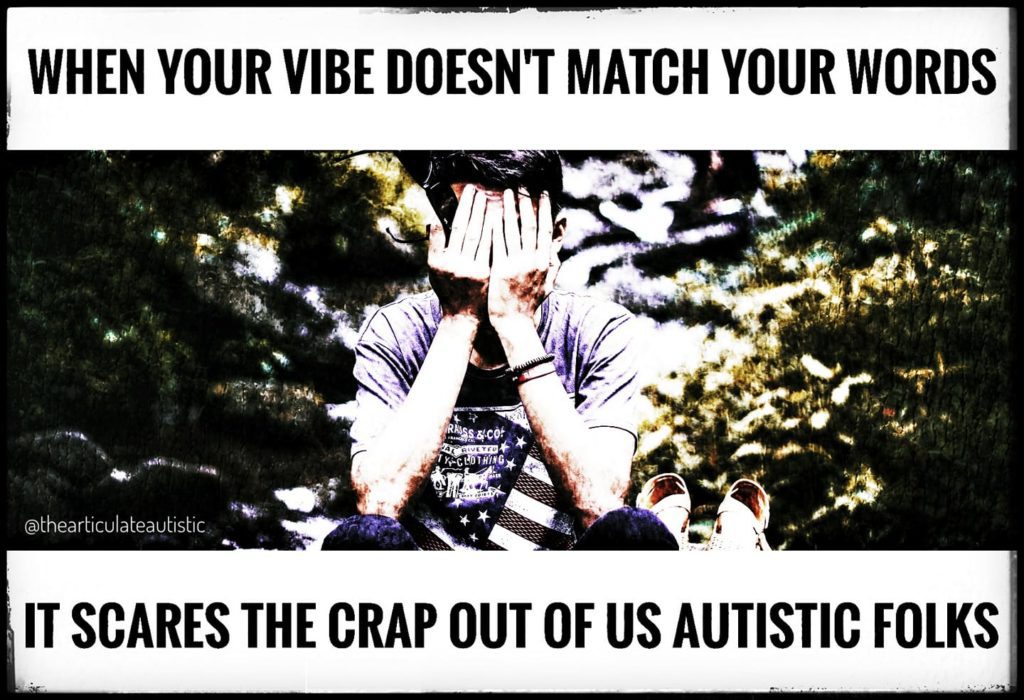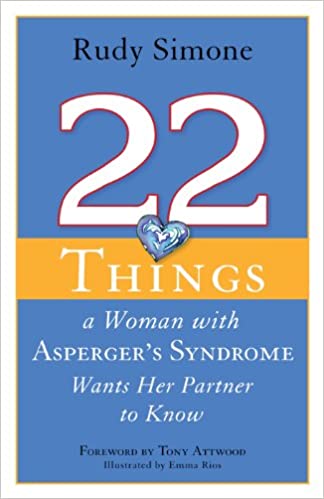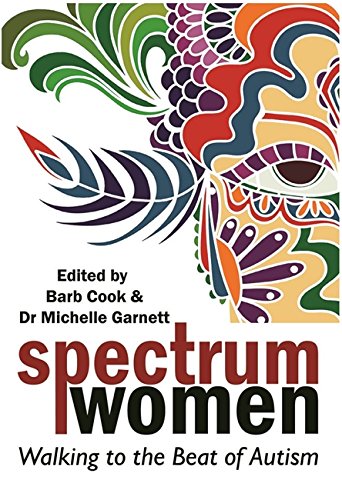Neurotypical Frustration Magnifies Autistic Anxiety 10-Fold

There seems to be some confusion about how autistic people are expressing how neurotypical frustration affects us, and I’d like to try to clear it up.
One, frustration and anger are normal human emotions, and there is nothing wrong with feeling and expressing those emotions.
Two, neurotypical frustration magnifies neurodiverse anxiety 10-fold.
Now, those are two polar opposite facts, so what are we to do?
Should NT people stop expressing their feelings to their ND loved ones for fear it will bring on a meltdown?
Should ND people mask so they have less of a chance of frustrating their NT loved ones?
To both of those questions, the answer is no.
The thing is, those aren’t our only two choices, and this is what confuses me about the flawed logic behind these so-called “solutions”: They’re black and white!
I thought NT folks were great at seeing the grey areas of things, yet, time and time again, I hear something to the effect of, “Well, what am I supposed to do? Just keep my feelings inside and act like everything is fine?”
No. Not at all. Oh, and I’m going to borrow another common NT phrase I hear, “It isn’t what you say, it’s how you say it”. Only for us autistic people, there’s a bit of a twist to it.
With ND people, it’s not what you say or how you say it, it’s the ENERGY you say it with!
If you’d like nothing more than to throw something across a room in abject frustration but you smile and speak as “sweetly” as can be, you’re going to send us straight for the nearest door because your energy doesn’t match your words, and that’s a HUGE red flag for us.
We’re not picking up THAT apple because we know there’s a razor in it!
And…that type of expression of frustration (barely-controlled rage) will make our anxiety (which is high all the time to begin with) skyrocket, and whatever thing it is you’re irritated about us doing or not doing isn’t going to get done.
Again, I’m not saying don’t feel and express emotions, just not like THAT if you have any hope of a meaningful dialogue.
If you’re getting to the point where you need a minute to calm down, take it. Take a deep breath, take a sip of coffee, look at a point far away, count 5 things you can see that are a certain color or shape, and allow the storm to calm a bit before speaking.
(Article continues below.)
The best way to improve communication with your autistic loved one is to understand how your autistic loved one’s mind works! Intentions, motivations, and personal expressions (facial expressions or lack thereof, body language, etc.), are often quite different in autistic people than they are in neurotypical people.
Experience a better understanding of your autistic loved one by reading books about life from an autistic perspective as well as stories that feature autistic characters. You’ll have so many “Ah ha!” moments and start seeing your autistic loved one in a different light (and you’ll have a better understanding of their behaviors, which you may have been misinterpreting up until now).
Books I recommend for a better understanding of your autistic loved one:
~♡~
This next bit will be really helpful in having a more successful conversation with the ND person in your life.
This is about energy.
The next time the ND person in your life has you feeling like you’re going to pull your hair out because you’re speaking two different languages, do what I mentioned above, then do this:
Think of all the reasons you love this ND person: Their smile, their humor, their creativity, their heart, any of those things, and allow those feelings to fill you like a balloon.
Allow your muscles to relax, your face to soften, your voice to become softer. Look at this person not as the SOURCE of a problem but as someone FACING a problem they need your help with.
Once you legitimately feel those warmer, more positive feelings, try the dialogue again.
If you need time, you need time. Tell the ND person that. “You know what? I’m too frustrated right now to explain it. Give me 10 minutes, and we’ll try again.”
If your ND person gets confused or hurt by this, just be honest, “You know how you have meltdowns because everything is just too much? That’s how I’m feeling right now, and I’ve got to calm down before I can talk about this.”
~♡~
If you absolutely cannot have a dialogue with the ND person in your life without getting extremely frustrated more often than not, it’s time to involve a therapist.
That isn’t to say one or both of you is deeply disturbed (which is another comment I get when I suggest therapy), it just means you need a mediator to help you both better understand each other.
Follow me on Instagram.
Want downloadable, PDF-format copies of these blog posts to print and use with your loved ones or small class? Click here to become a Patreon supporter!Image











3 Responses
[…] as I mentioned above, many of us will have an instant trauma response to perceived anger, frustration, or disgust coming in our direction, and our response may come out defensively because we’re […]
[…] the thing, autistic and otherwise neurodivergent people are often incredibly sensitive to energy. This means, if anyone is even feeling frustrated or angry, regardless of whether they are showing […]
[…] even a mildly frustrated tone of voice can derail our ability to process information because it causes severe […]